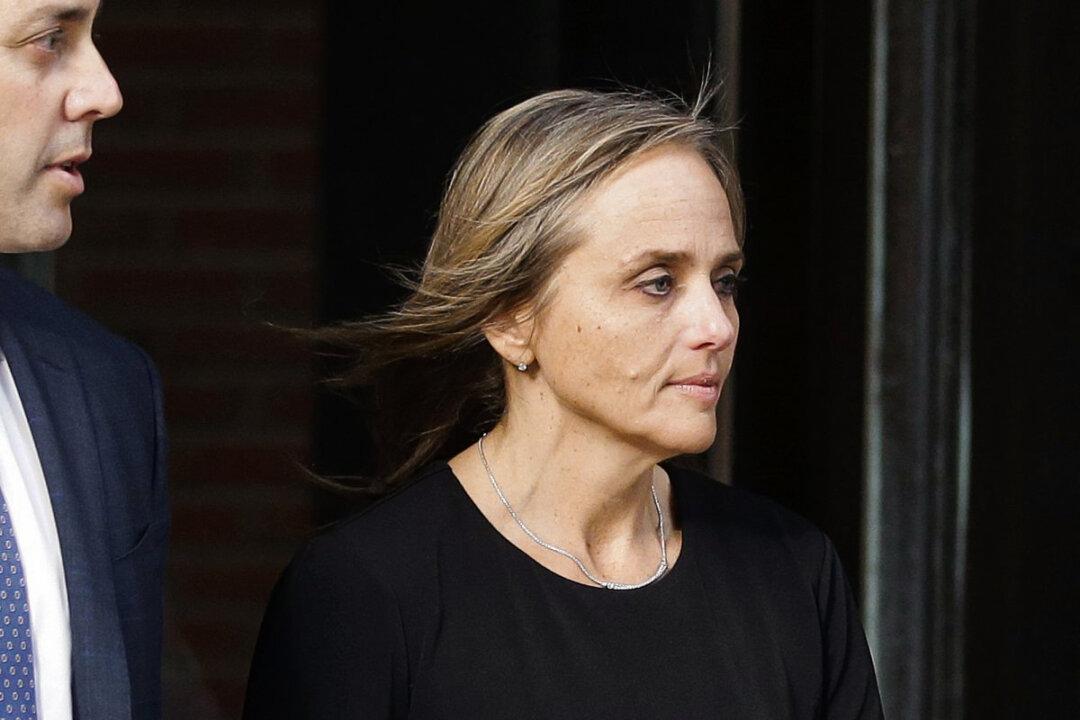A Massachusetts judge might face prosecution after a federal appeals court on Feb. 28 declined to dismiss a case in which she’s accused of blocking the arrest of an illegal immigrant.
In a criminal case filed during the Trump administration, Newton District Court Judge Shelley Joseph is accused of impeding a federal immigration arrest of a defendant in her courtroom in 2018. Court papers say the judge blocked a U.S. Immigration and Customs Enforcement (ICE) agent from detaining a man who fled the court through a rear door.





